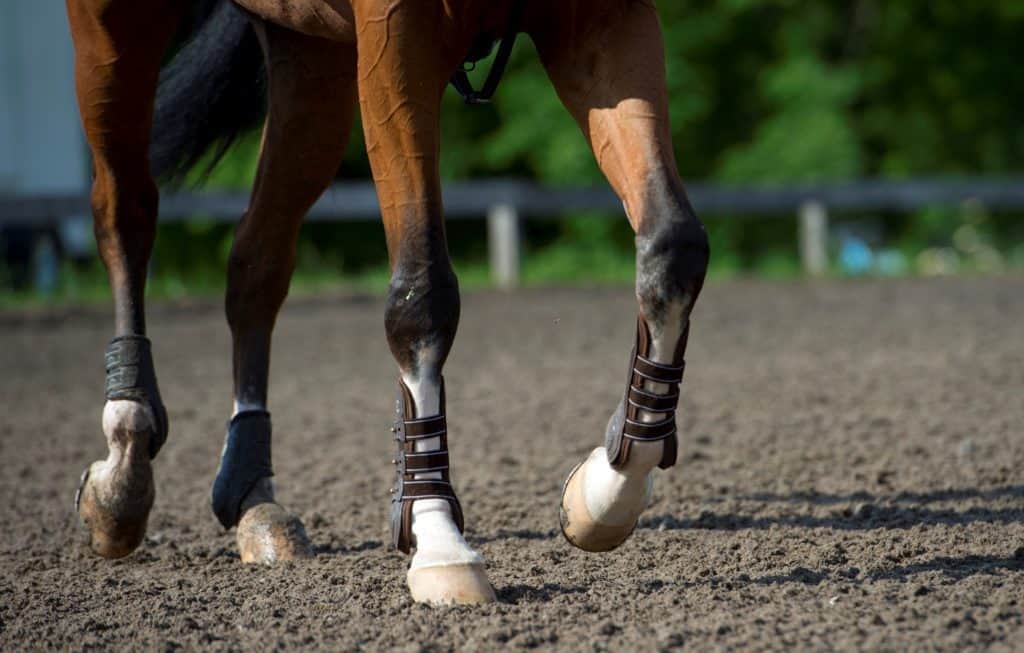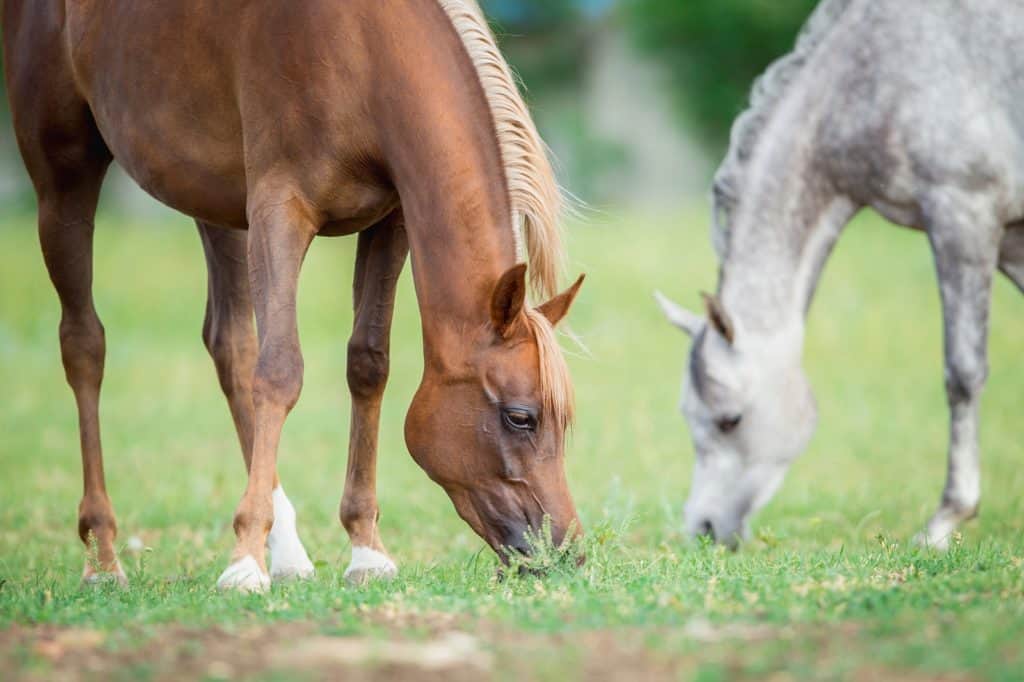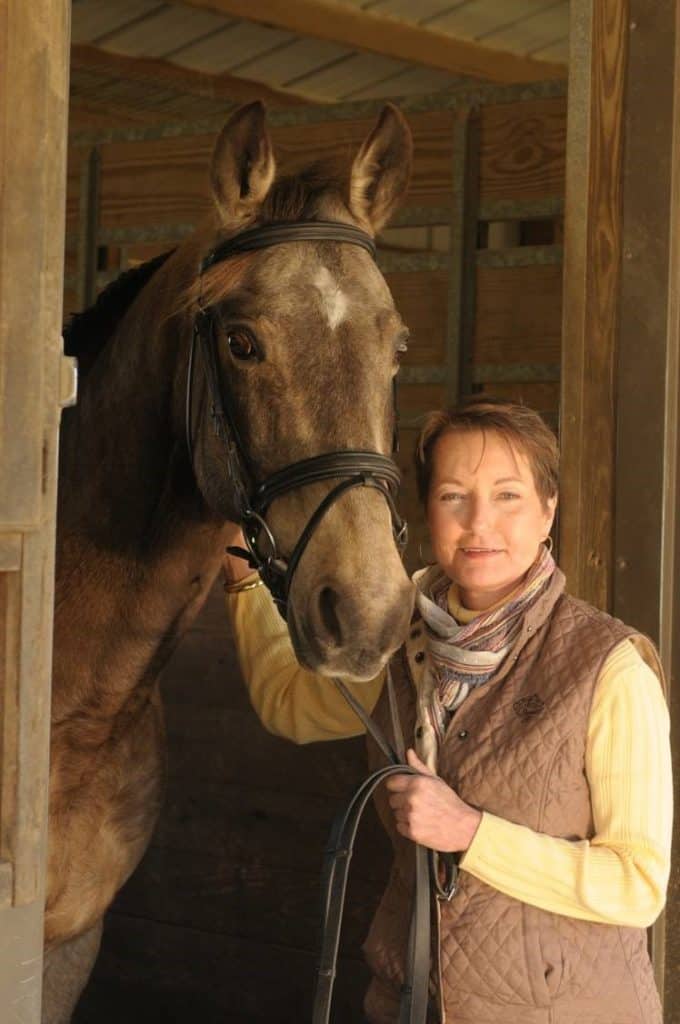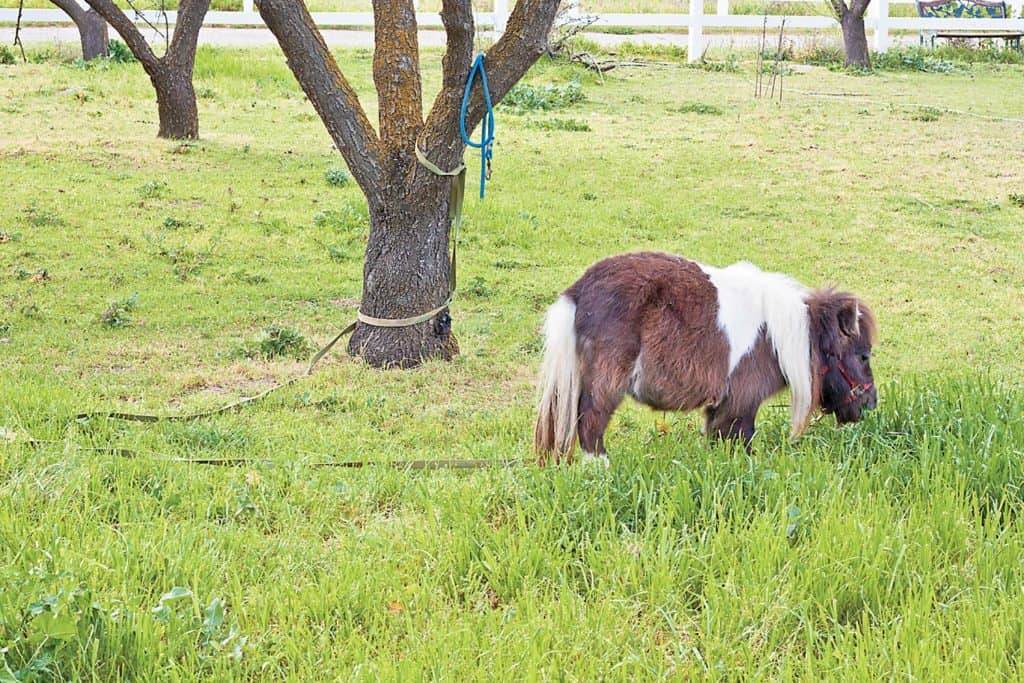
Researchers Reveal Chinese Horses’ Origins
The modern Chinese horse originated from horses introduced to China from elsewhere, as well as local stock.

The modern Chinese horse originated from horses introduced to China from elsewhere, as well as local stock.

A French genetics team determined a common breeding pool is not only realistic but also preferable.

Genomic tools could help address horse health problems that couldn’t be resolved with earlier technologies.

“Genomics” covers all aspects of genes, including structure and function. Here’s what equine researchers are learning.

Researchers studied a group of related Exmoor ponies to find the chromosomes that could carry IBH-related genes.

While small in size, Minis have the same health needs and risks as other breeds, as well as a number of unique issues.

Scientists are learning more about horses’ DNA and how mutations impact health, behavior, performance, and more.

What affects a foal’s demeanor and makes him his own, unique self? Let’s have a look at what science has to say.

Scientists found a gene that could identify superior tractability, or how easily a horse can be trained or controlled.

Teri Lear, PhD, worked on the Horse Genome Project, which resulted in the first map of a horse’s genetic sequence.

This is the first study to identify a potential genetic, rather than environmental, cause for foal loss in mares.

An equine behavior expert and veterinarian explains the role that genetics play in a horse’s behavior.

Selective breeding could lead to horses more tailored for endurance and improve welfare and performance, scientists say.

MicroRNA, a small nonprotein coding gene, holds potential as a novel way to diagnose various diseases in the horse.

The University of Kentucky Animal Genetic Testing and Research Laboratory has been renamed Genetic Testing at Gluck.

While environmental factors, such as nutrition and training, shape sustainability, genetics influence it, as well.
Stay on top of the most recent Horse Health news with
"*" indicates required fields